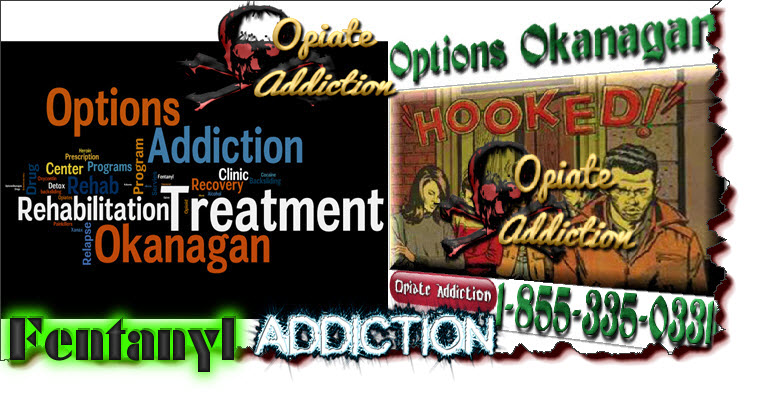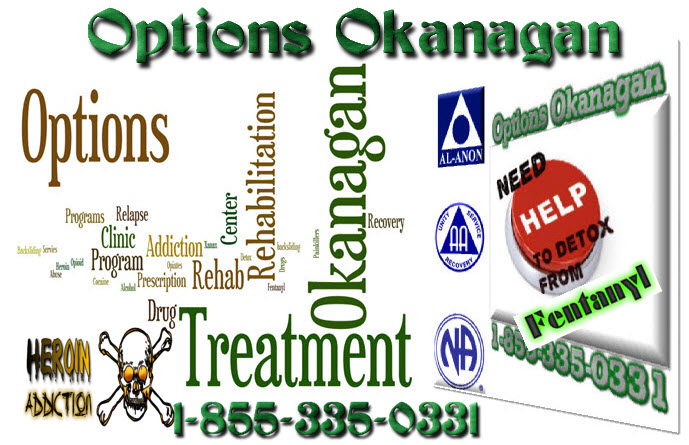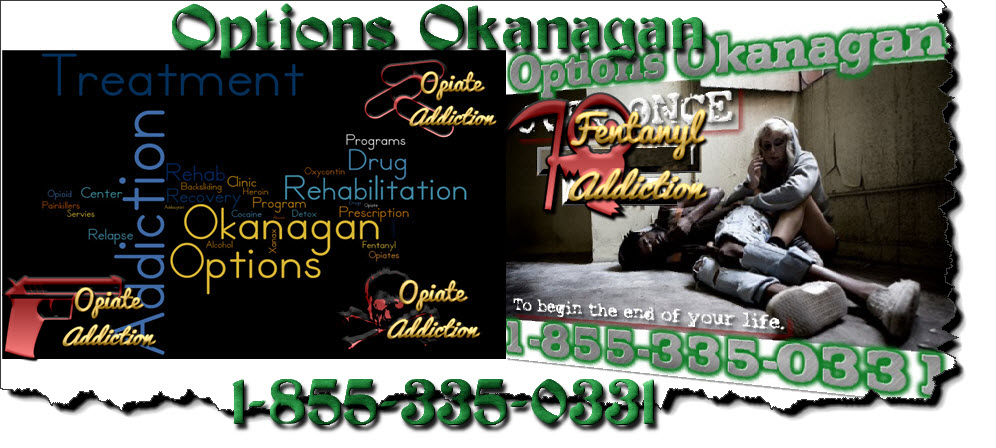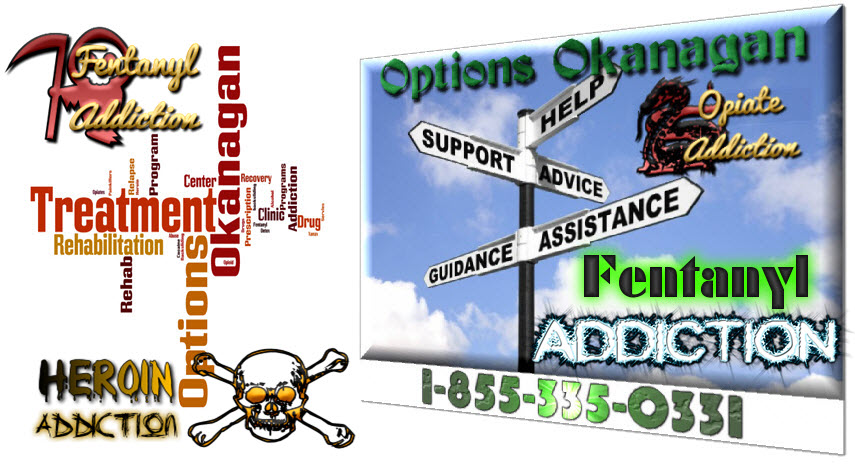B.C. Drug Deaths HIGHER than those from car crashes, a majority are linked with the drug Fentanyl – Options Okanagan Treatment Center in Kelowna, British Columbia treating Opiate and Fentanyl addiction and recovery.
According to new statistics, 308 B.C residents died during the first four months of 2016 due to illicit drug overdoses. This represents a 75 percent increase compared to the 176 deaths that took place during January to May of 2015.
The B.C. Coroners Service reports that the percentage of deaths that are tied with the synthetic drug fantanyl so far has accounted for 56 percent of 2016 deaths.
By comparison, in 2015 31 percent of illicit drug deaths were linked with fentanyl, that were either used knowingly or unknowingly combined with other drugs or on its own.
In April, B.C. public health officials declared that drug deaths as a public emergency following the recording of 200 drug fatalities.
According to Lisa Lapointe, B.C. Chief Coroner, B.C. could potentially experience 750 drug deaths in 2016, if the current rate and trend continues.
She noted that it was hugely significant and added that the 308 drug deaths to date are more than the number of individuals who died last year in motor vehicle crashes, and that the total for 2016 may exceed a typical year’s number of suicides.
So far in 2016, B.C. has average 62 illicit drug deaths a month. January was the highest to date at 77, while in May there were 42.
Dr. Terry Lake, the Health Minister, stated that there is a tentative case to be optimistic that the surge experienced at the beginning of the year might have plateaued and could subside.
Dr. Lake stated that five new supervised drug consumption sites are being considered by Vancouver Coastal Health, and that Interior Health is considering them for Kamloops and Kelowna and Island Health for Victoria.
He also commended the new approach being taken by the federal government to harm reduction and marijuana policy.
Dr. Lake said there was evidence that the government was aware that they could reduce overdose death, and that other related harms and hospitalizations could be reduced, and that people could to be connected to services after the addicts were ready to accept assistance.
Dr. Lake also suggested that a number of the newly supervised sites might be clinical settings instead of like Vancouver’s existing Insite facility, but that it would be up to the health care professionals which model would be chosen.
The doctor said that any politician he had spoken to understands what a failure the so-called war on drugs has been and that different approaches need to be taken.
Also acknowledged by Dr. Lake was the fact that B.C. hasn’t been able to meet drug treatment bed demand. He stated that the government has continued to increase its investment in substance abuse treatment and mental health.
There is a new emerging concern, which is that the synthetic drug W-18 has arrived in B.C. In is much more potent than fentanyl is, and may cause death or overdose with much smaller doses.
Earlier this spring in Burnaby, police raided a fentanyl lab that had been making knock-off heroin. Tests showed traces of W-18 and investigator suspect it might have reached the streets.
Fentanyl is actually a prescription painkiller that many hospitals used. However Health Canada has never authorized W-18 for use.
Compared to fentanyl, W-18 is 100 times more powerful, which makes it a lot riskier for users, who often think they are taking Oxycontin or heroin, and more profitable for those operating drug labs.
According to Dr. Mark Tyndall, who is executive director for the B.C. Centre for Disease Control, so far, it has been quite difficult to identify W-18 in toxicology testing. He says there is no proof of it being responsible for any B.C. deaths yet.
Options Okanagan Opiate and Alcohol Treatment Centers in Kelowna, Salmon Arm and Vancouver, British Columbia – Men and Women are recovering and healing from Alcohol and Drug Abuse at our treatment center here in the Okanagan right now.
Our unique and distinctive Opiate Drug and Fentanyl treatment program allows men and women to come in from Calgary as well as Edmonton as we offer airport pickup.
Numerous clients come to us from Vancouver, Calgary and Edmonton and other locations in Alberta and even other provinces for Opiate addiction treatment, Fentanyl treatment, many other drug and alcohol addictions for rehabilitation because of the uniqueness of our treatment center.
Our Treatment Location:
Options Okanagan Opiate and Fentanyl Treatment Center
551 Sherrydale Crescent, Kelowna, British Columbia, V1V 2E6
Toll Free Phone Number : 1-855-335-0331





